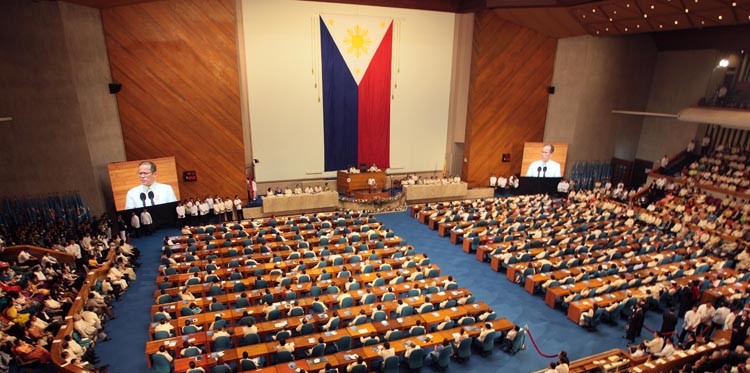The Philippines has continued to tighten financial regulations on the casino industry in an effort to stop money laundering activities in the country. Rep. Feliciano Belmonte Jr from Quezon City recently introduced House Bill 14 which is also known as the Casino Anti-Money Laundering and Combating Financing of Terrorism Act which will make it mandatory for all land based and online casinos to report suspicious financial transactions to the Anti-Money Laundering Council (AMLC) irrespective of the amount of the transaction.
All casino and gaming establishments in the Philippines that are regulated by the Cagayan Economic Zone Authority, Philippine Amusement and Gaming Corporation (Pagcor) or any other official regulatory body will have to abide by the new law should it be approved. Earlier this year, a bank in Makati City was used as part of a dirty money financial transaction that involved stealing over $81 million from a Bangladesh Bank. The money was then transferred to two casinos in Manila as part of a money laundering scheme. Authorities in the Philippines struggled to trace the money as the existing AML laws in the country did not cover the casino industry.
In a statement, Belmonte said “The significance of including the casino sector under the coverage of the Anti-Money Laundering Law was underscored by the Bangladesh Bank heist. The funds entered the Philippine banking system and made their way to local casinos and junket operators, where the money was reportedly laundered and transferred overseas. This bill will address this deficiency by putting the necessary amendments to discourage the use of the casinos as avenues of illicit activity.”
The new bill does not place the emphasis on the value of the financial transaction but rather the suspicious nature of the transaction. Any casino operator or employee under the new bill who is suspicious of a particular transaction will now be obligated to report the transaction to the AMLC. Suspicious transactions according to the new bill are designed to evade the regulations outlined in the new anti-money laundering law; involves money from an illegal activity or money laundering offense; it not part of the normal routine of a particular customer’s transactions; the transaction does not hold up to the scrutiny of the casino operator or employee and involves using the casino to wash large sums of money that can be used for illegal purposes.
The bill also wants all covered transactions to be reported and defines a covered transaction as any transaction where any individual transacts more than P4 million per day at the casino. The bill also looks to protect casino operators and employees from having to disclose the fact that they filed a Suspicious Transaction Report (STR). No government body or court will be able to force the casino operator or employee to disclose a STR and casino operators and employees are obligated to keep their disclosures confidential at all times.


